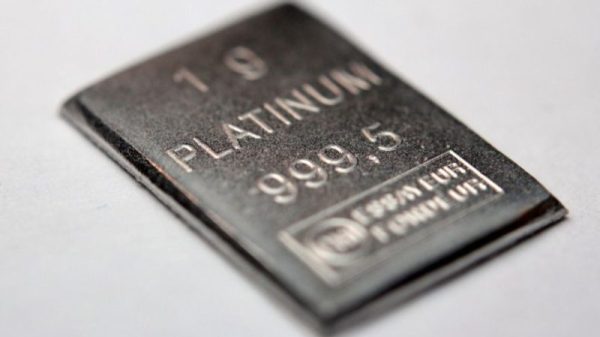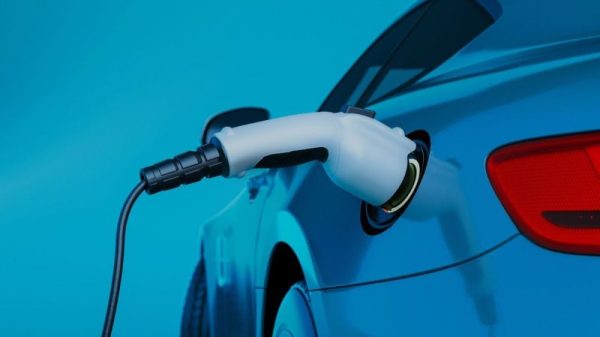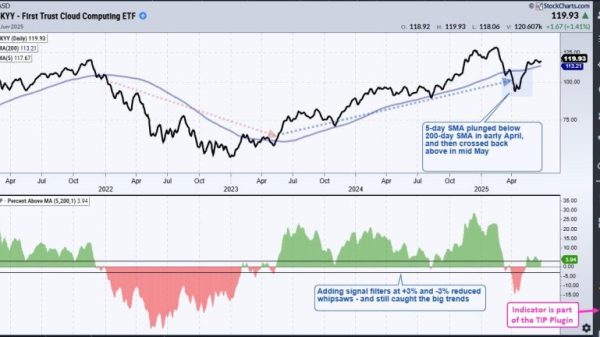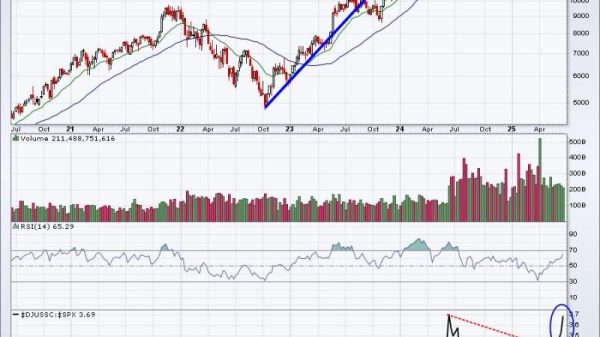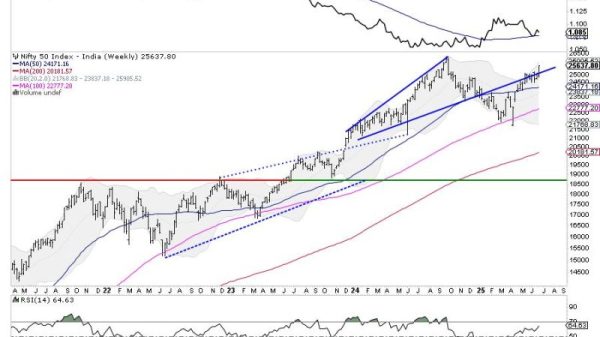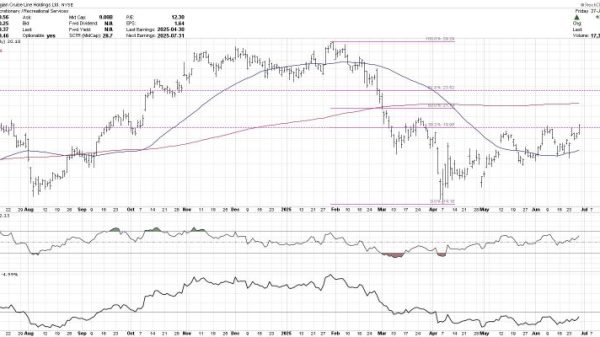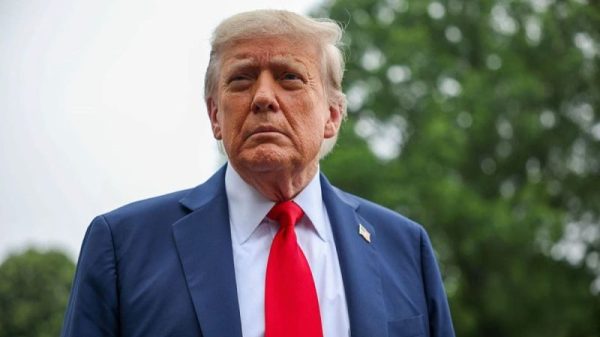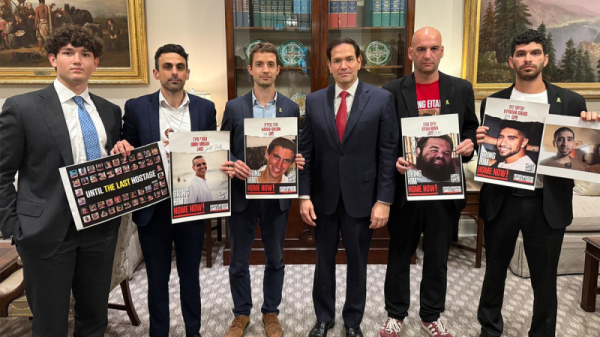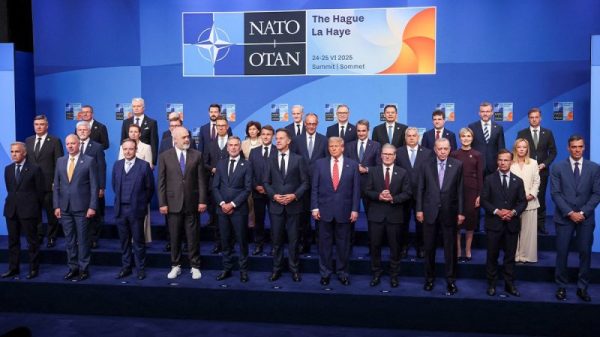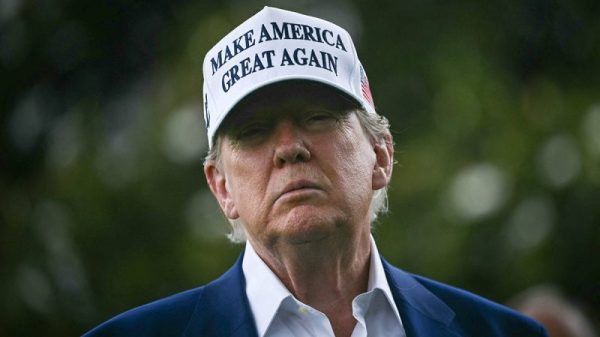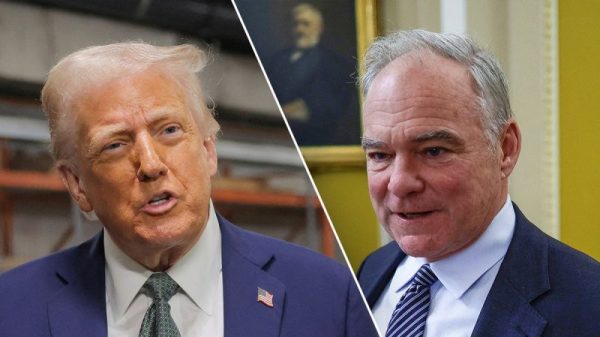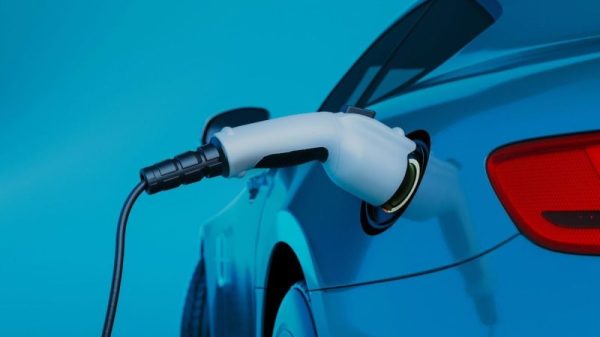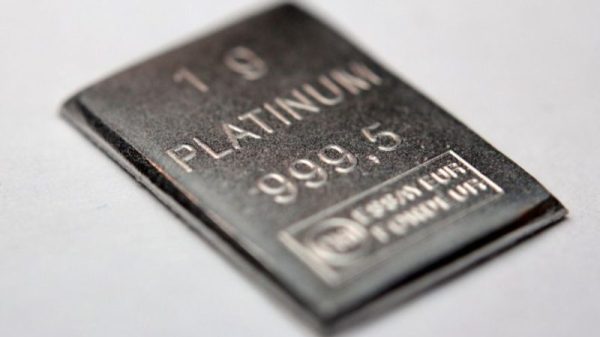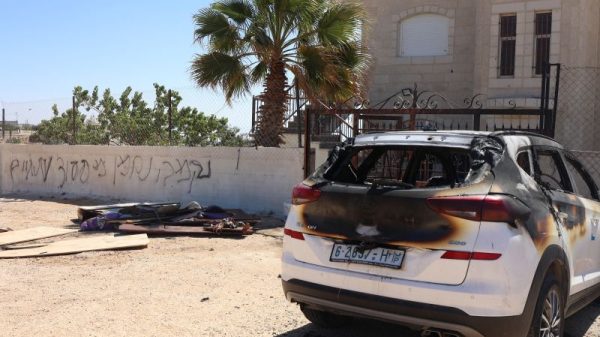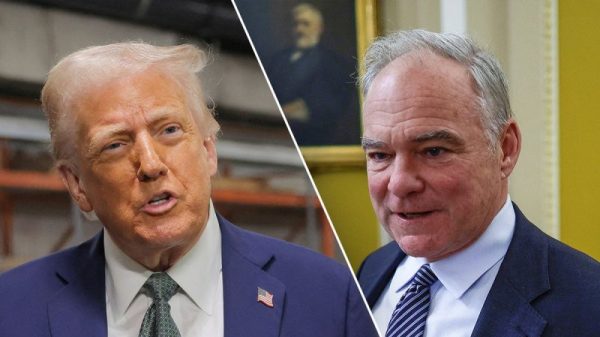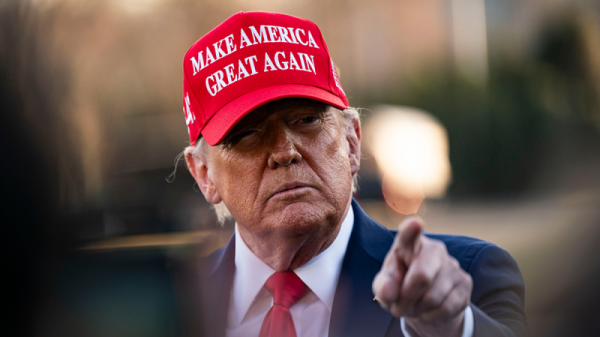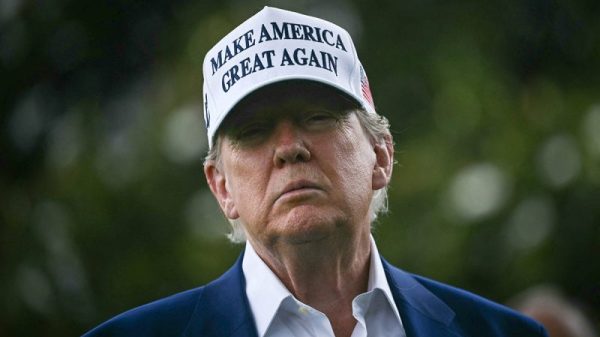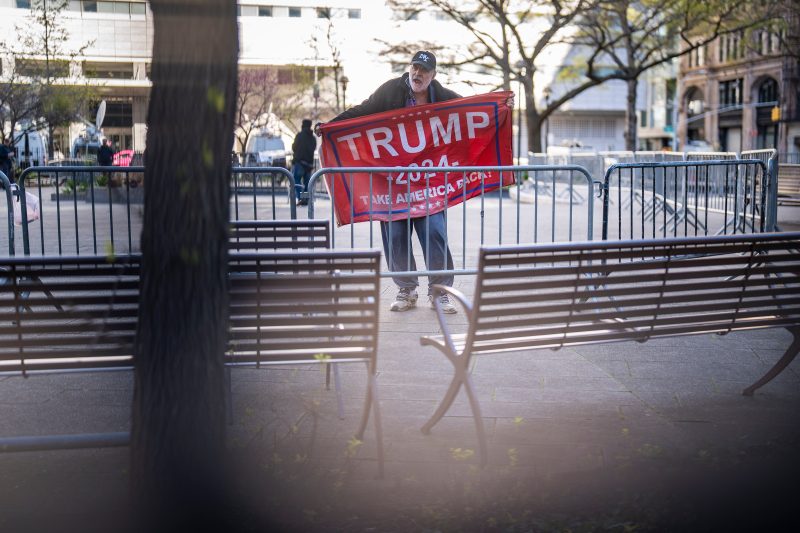For the better part of the past eight years, Donald Trump has laid the groundwork to get voters to dismiss any adverse result in a court of law as the product of a political “witch hunt” or a “weaponized” justice system.
Now the effort is reaching its culmination, with Trump suffering multiple major losses in civil court and his first criminal trial starting in Manhattan this week, 6½ months before the presidential election.
Americans writ large aren’t inclined to accept Trump’s framing at this point. But even skeptics harbor concerns about his being given a fair shake in ways that could especially matter with his Manhattan trial underway.
Let’s take it piece by piece.
One consistent finding in the polls is that Americans don’t broadly buy into the “witch hunt” framing. They don’t appear to have much sympathy for Trump, because they think he has brought this situation upon himself.
A Washington Post-University of Maryland poll in December asked whether the Justice Department was “holding Trump accountable under the law like anyone else” or “unfairly targeting Trump for political reasons.” Americans chose the former by a wide margin: 57 percent to 41 percent. Even 20 percent of Republicans said Trump was being treated justly.
A January USA Today-Suffolk University poll featured a similar, if somewhat less lopsided, split. A majority — 52 percent — agreed that the legal actions against Trump were the “appropriate work of the justice system,” compared with 43 percent who said they were “inappropriate and should be dropped.”
And a CNN poll from August showed Americans are significantly more inclined to blame Trump’s many criminal charges on his actions (47 percent) than on a supposed “political abuse of the justice system” (31 percent). (An additional 21 percent said it was hard to know.)
Another hurdle for Trump in all of this is that, regardless of perceptions of the process, Americans by and large think he’s actually a criminal. While reviews of each individual indictment vary — around half or less think he’s guilty in a given case — clear majorities think he has committed at least some significant crimes.
In a New York Times-Siena College poll conducted last week, Americans said 54 percent to 37 percent that Trump has committed serious federal crimes. (Even about 1 in 5 Republicans agree.)
In the Post-UMD poll, Americans said 56-33 that Trump was guilty of election subversion. Twice as many said he was “definitely guilty” (40 percent) as said he was “definitely innocent” (21 percent).
And even aside from whether he’s ultimately found guilty, Americans see there being legitimate evidence that could at least point in that direction — and seemingly justify charges and a trial. In a Public Religion Research Institute poll in August, Americans said 58 percent to 37 percent that there was “credible evidence” that Trump committed “serious federal crimes.”
At the very least, most Americans haven’t thrown a blanket over these cases and dismissed them outright, as Trump would like. As many as 4 in 10 align with his argument that he’s being politically targeted, but fewer see him as essentially blameless or that there’s no justification for the charges.
All of that said, larger numbers of Americans do harbor a certain skepticism of these proceedings that could ultimately matter, depending on how things unfold. They see politics at play and aren’t convinced Trump will be treated fairly.
That could be particularly relevant given that the case they regard with the most skepticism, in Manhattan, is going first and could be the only trial held before the election.
Some Americans are of two minds on this. While the Times-Siena poll has shown that clear majorities think Trump has committed crimes, in its December edition, Americans said 49 percent to 43 percent that they didn’t believe he would get a fair and impartial trial in his federal election-subversion case.
Similarly, a Reuters-Ipsos poll this month showed Americans were slightly more inclined to believe Trump’s prosecutions were “excessive and politically motivated” (48 percent) than not (41 percent).
We see that “politically motivated” label lingering in other polls. The Times-Siena poll in December showed Americans about evenly split on whether the charges were “politically motivated” (46 percent) or based on the prosecutors’ actual belief that he committed crimes (48 percent).
And on no case has the perception been more pronounced than the Manhattan one. In a March 2023 Quinnipiac University poll, shortly before Trump was indicted, twice as many said the case was “mainly motivated by politics” (62 percent) as said it was “mainly motivated by the law” (32 percent).
Seeing politics at play is not the same as seeing Trump as blameless or not warranting charges.
But you begin to see how the Manhattan prosecution being the first and potentially only pre-election case could harm the efforts to prosecute Trump. Only about a third of Americans think Trump is guilty in the case; they see the charges as less serious; and sizable numbers are on the lookout for unfairness and politics.
Trump hasn’t convinced them yet that this is all a “hoax” or the “weaponization” of government, and he’s a long way from doing so. But that might not be the goal, so much as injecting at least some doubt in their minds if and when things go against him.

